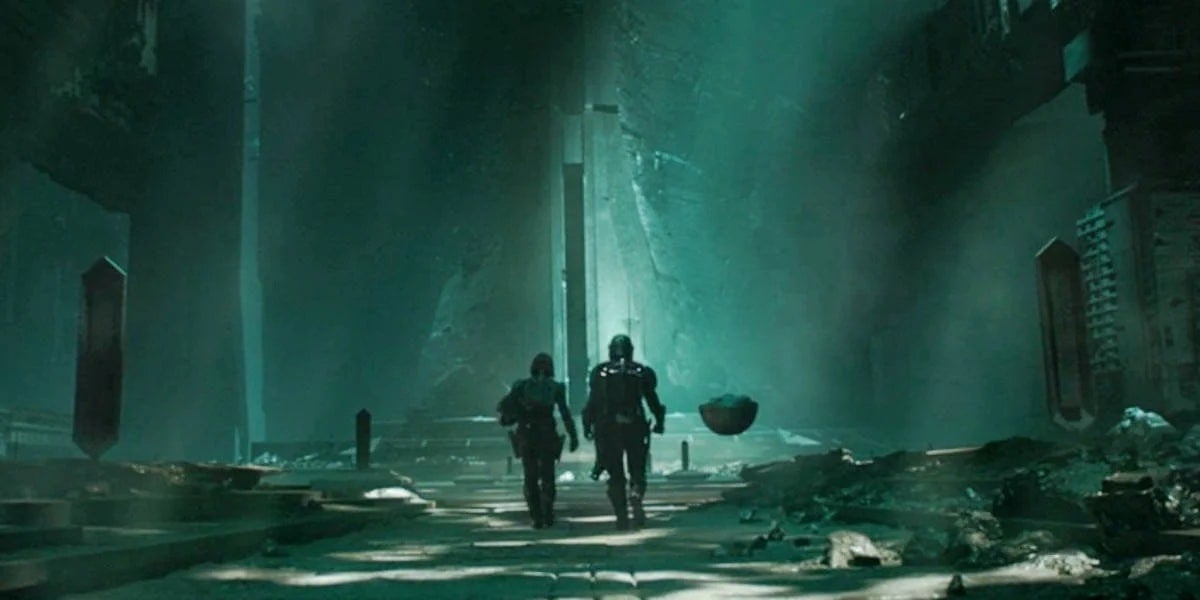Zealots do not ordinarily fare well in popular American entertainment. The High Sparrow of Game of Thrones was routinely shown to be cruel, power hungry, and devious. His true believer identity turned out merely to be a front, the pathway he has chosen to best aid his own pursuit of power. And so religious belief ends up looking like just another Machiavelian tool.
Login to read more
Sign in or create a free account to access Subscriber-only content.
Topics:
